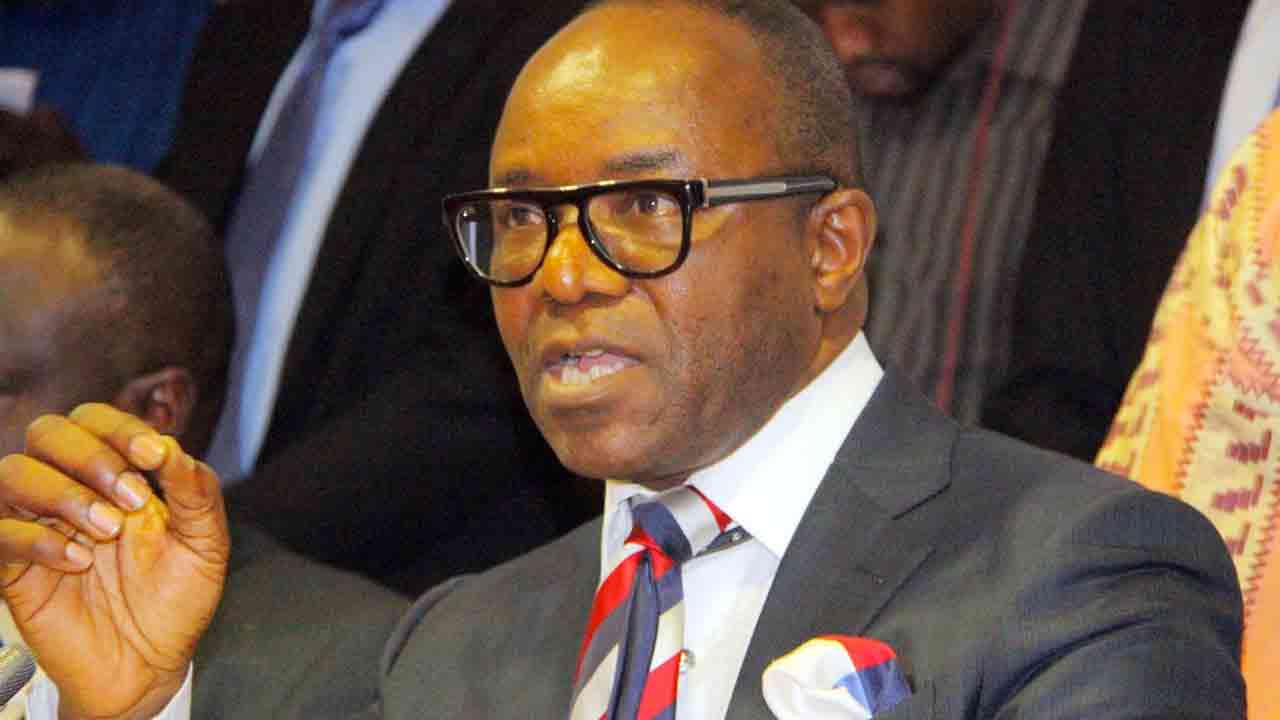- NNPC, JV Partners to Grow Domestic Gas Supply to 5bcf/d in Three Years
The Nigerian National Petroleum Corporation (NNPC) has said that it would collaborate with its joint venture partners to increase the amount of gas available to Nigeria’s domestic economy in 2020 to about five billion standard cubic feet per day (5bscf/d).
The corporation said in a recent statement from its Group General Manager Public Affairs, Mr. Ndu Ughamadu, in Abuja that the development would help the federal government’s plan to have more gas sent to Nigeria’s industries to stimulate economic growth in the country.
It noted that NNPC and its partners have evolved a scheme to achieve this, adding supply will grow by 285per cent from 1.3bscf/d to 5bscf/d by 2020.
According to the statement, a meeting where this was agreed on was held in Abuja, and seven critical gas development projects were identified.
The stakeholders, NNPC said, included companies that could fast-track execution of the plan to meet the domestic gas supply growth projection.
It explained that these companies were involved in Assa North-Ohaji South Field Development (ANOH); Oil Mining Lease (OML) 24 and OML 18 joint development; as well as Shell Petroleum Development Company Joint Venture/Nigeria Agip Oil Company Joint Venture unitised gas fields.
Others are the Nigerian Petroleum Development Company’s (NPDC) OML 26, 30, 42 and Chevron Nigeria Limited’s OML 49 Makaraba cluster development; SPDC JV gas supply to Brass Fertilizer Company; OML 13 cluster development and cluster development of Okpokunou/Tuomo West (OML 35/62).
The statement quoted NNPC’s Group Managing Director, Dr. Maikanti Baru, to have said that the federal government has directed the corporation to aggressively pursue gas development to jump-start the nation’s economic growth.
Baru outlined the strategic focus for achieving the government’s mandate to include growing capacity to supply enough gas to generate 15 gigawatts (15,000 megawatts) of electricity to the power sector by 2020; stimulating gas-based industrialisation by positioning Nigeria as the African regional hub for gas-based industries such as fertiliser; petrochemicals; methanol and developing gas for export by selectively expanding export footprint in high value and strategic foreign markets.
He said appropriate funding for the seven critical gas projects would be a priority and a key success factor, adding that alternative funding through third party financing option would be adopted to facilitate their execution.
Baru equally urged the partners to work together to ensure that the critical gas projects were executed expeditiously for the benefit of the country, adding that the NNPC would be available to work with all stakeholders to ensure timely delivery of the projects.
The statement said the Managing Director of Shell Petroleum Development Company (SPDC), Mr. Osagie Okunbor, in his response, applauded Baru for his focus on optimal production and delivery of gas to power, industry and for export.
He reportedly assured that with proper alignment of the key parties, the projects would be delivered as scheduled.
The meeting, the NNPC added, was attended by SPDC; Nigerian Agip Oil Company (NAOC); NPDC; Chevron Nigeria Limited (CNL); Seplat Petroleum Development Company PLc; Newcross Exploration and Production Limited and Eroton Exploration and Production.

 Forex3 weeks ago
Forex3 weeks ago
 Naira3 weeks ago
Naira3 weeks ago
 Billionaire Watch3 weeks ago
Billionaire Watch3 weeks ago



 Naira3 weeks ago
Naira3 weeks ago






 Naira2 weeks ago
Naira2 weeks ago




 Naira2 weeks ago
Naira2 weeks ago




 Naira4 weeks ago
Naira4 weeks ago






 Naira1 week ago
Naira1 week ago
























